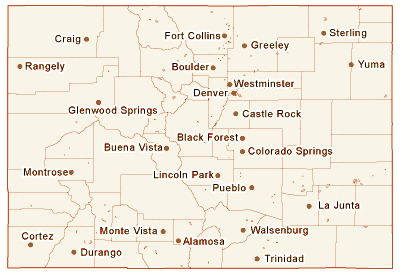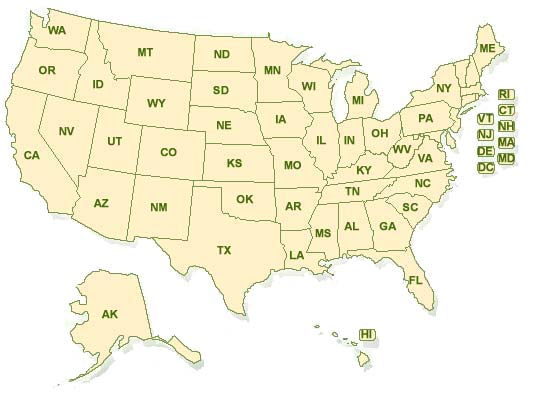Colorado Workforce Unemployment
Colorado Unemployment Online
State law requires all individuals unemployed who are 18 years and older to show proof that they are lawfully present in the United States before receiving certain benefits, including unemployment insurance (UI). In order to receive state compensation from Colorado, you must affirm that you are a citizen or a legal, permanent resident of the United States or otherwise legally reside in the United States in accordance with federal law. You must possess and show information regarding one of the following forms of identification (ID):
- A official Colorado driver's license or a official Colorado ID card.
- A United States military ID card or a military dependent ID card.
- A United States Coast Guard Merchant Mariner card.
- A Native American tribal document.
BE ADVISED: Unemployed workers living outside Colorado must show information proving that they have a official driver's license or ID card issued by another state or by Canada.
You must confirm your legal presence or citizenship in the United States by signing and returning the UIB-1 frm, Application for Unemployment Insurance Benefits. Also, please show information about your proof of ID on the same form. The form is mailed to you after you file a new benefits, file an additional benefits, or reopen an existing benefits. You must show this information only once during each application year. The form must be completed, signed, and received by the UI Program within the timeframe specified on the form or your application for state compensation will not be paid for the weeks prior to the week in which the form is received by the UI Program.
When to File Your Insurance Claim
Delaying to file a application for state compensation in a future base period could result in lower potential benefit amount, or deny your benefits.
When a claimaint begins to file their benefits, weekly and highest amount of benefits are calculated using your wages during the "base period." The base period is the first four of the last 5 base periods complete at the time a claimaint begins to file for state compensation. A base period is simple a three month time period; there are 4 base periods in an entire year.
The base periods are January through March, April through June, July through September, and October through December. A completed base period is one quarter in which all 3 months are in the past.
Therefore, the date on which your application becomes effective may make a difference in your weekly and highest amount of benefits.
In most cases, waiting for the next base period to file an application has little or no impact on your weekly and highest amount of benefits. However, in other cases, delawying until the next base period to file for benefitscan result in significantly higher or lower weekly and highest amount of compensation. Therefore, you may want to consider these differences in choosing when to file their benefits.
CO Workforce Unemployment Considerations
- When an applicant earns a subsantially higher salry over the previous 6 months than in previous months, weekly benefits might be higher in amounts if they wait for the next base period to file your UI claim.
- When an applicant earns less money over the last 6 months than in previous months, your weekly benefit amount might be lower if you wait until the next base period to file your UI claim.
- The explantion for the leaving from your any previous employers or your base-period wage amounts can impact your weekly benefit amount potential. State compensation is given only to anyone who is out of work through no fault of their own. If an applicant's reason for leaving a previous employment position could disqualify them, the claimant can estimate how much this will effect their claim as they file.
Eligibility in CO | Rate in CO | CO Benefits | CO Insurance



